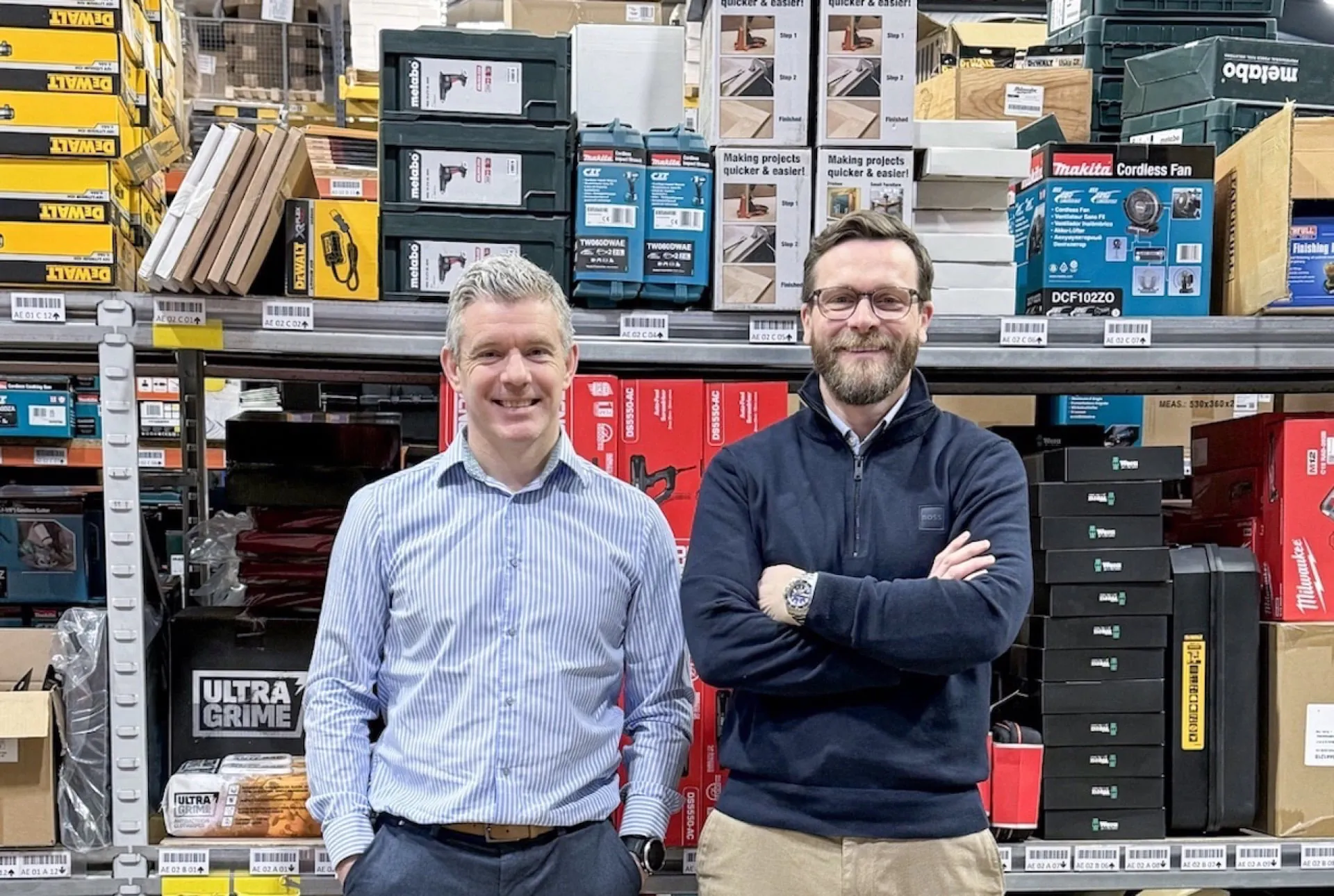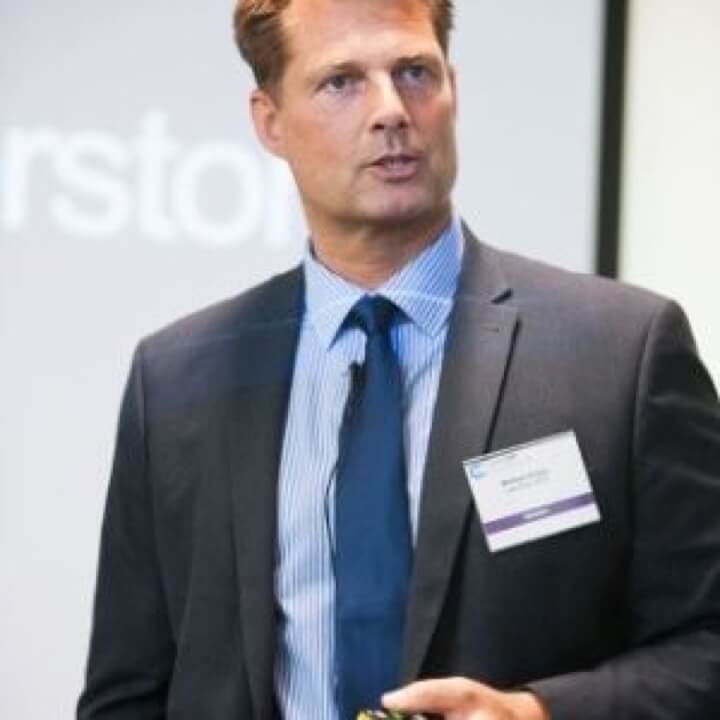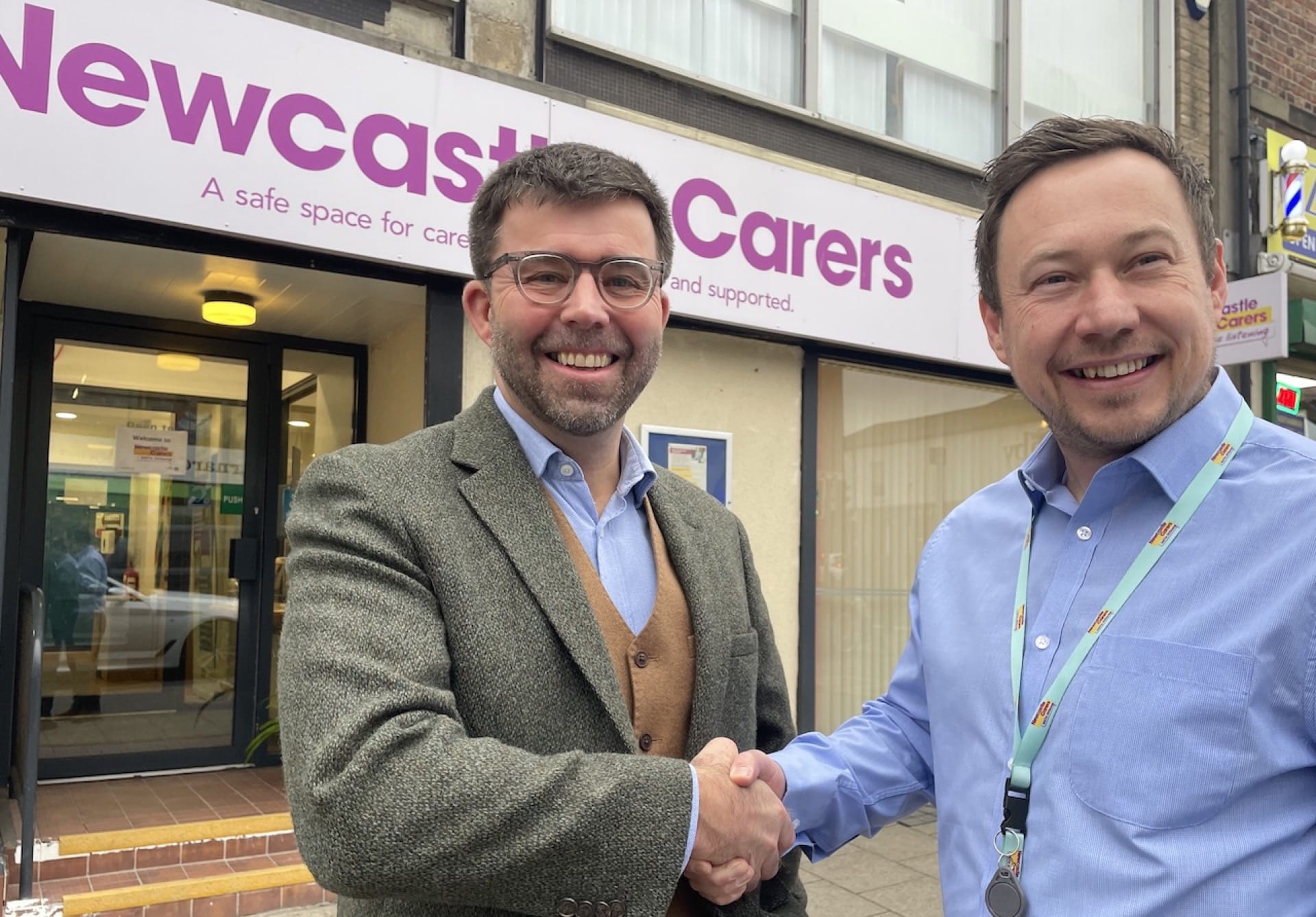

The second interview of the series sees Professor Philip Shrives and Tracey Wilson talk to Matthew Briggs about his experience as a NED. Matthew discusses how NEDs vary significantly and that when working with them everyone has something to learn.
It could be assumed that when a business hires a NED they are simply getting an external perspective on their board to assist in decision making. Matthew argues against this assumption and, based on his own experience, outlines the complexity surrounding NED input.
“In my experience there are numerous flavours of non-executive director and a senior independent director in a FTSE 100 is a very different role to non-executive positions in SMEs”
Matthew outlines his responsibility in one business as a NED; “I do quite a bit of mentoring for the management team and specifically for the chief executive, and we work together on a lot of things. I also contribute to strategy planning and business forecasting… I can be quite hands on when I need to be.”
At first look this appears at odds with the ‘traditional’ perception of a NED. “What a non-executive must do is add value. For example, a company I am currently involved has being trying to establish a presence in a new market for two years. I know the market and several of its key players and potential partners. I can pick up the phone, speak to the right people, and open up the opportunity. That is a simple, but very valuable and potentially transformative contribution that can only be done if I am close to the leadership team, interested in and understand their strategic challenges and opportunities. I am always looking for specific ways to help and am aware that that other non-executives will not necessarily take that approach, particularly those at large corporates or public sector organisations, where non-executives are more generalist and mainly concerned with boardroom rigour and governance.”
“I won’t do the management team’s day to day work for them. I won’t carry them, but I will add value in areas that they are unfamiliar with. I will listen, understand and support, but I will also challenge their thinking and ask the pertinent questions. That rigour and oversight could be the difference between a successful or failed business.”
“I think the Experience Bank has an interesting and valuable role to play. There is a whole educational piece here in order to break down misconceptions…the hesitations about what a non-executive is… and to burst the myth of what a NED does”
“It is quite natural for business owners to think: ‘Do I really want somebody coming in to keep me on my toes or try to change me? What is this person going to do? How will I get along with them? I like to be in control of my destiny. What could they possibly know that I don’t know?’
I think it’s only a small percentage of business owners that understand the benefit of having that non-executive input.” In addition to championing the value of NEDs, the Experience Bank engages with each business to find the best solution to their needs. Matthew highlights the key impact it can provide here as he talks about the key impacts of the Experience Bank:
“The Experience Bank is an evidence-based initiative, demonstrating to businesses that there is considerable value to be gained from good non-executive directors. At the same time, reassuring the business owner that it is still their business and that the strategic dynamics don’t necessarily need to change. The right NED will be supportive and enabling but will also bring challenge and rigour to critical decision-making. The Experience Bank allows a business owner to consider the different flavours of non-executive and identify the right NED for that point in their journey.”
“It provides opportunities for NEDs, identifying businesses in the market that have the need for a non-executive. It also matches the right type of non-exec to the business – the chemistry between NED and executive team, particularly the owner-manager or chief executive. That chemistry is critical.” Beyond matching NEDs to businesses, the Experience Bank offers peer to peer support to aspiring non-executives to aid them in their developmental journey. You don’t simply become a good NED overnight!
“It’s important to consider several things: Do I want to move to a portfolio career? Do I really understand what being a non-executive is all about? Am I ready to step away from executive responsibility? Can I transition to the critical friend role rather be the one doing the work? Can I stay out of the detail of day to day operational responsibility. Do I have the attributes to be an effective mentor? These are some of the many questions that The Experience Bank can help aspiring non-executives answer. Not through text-books or institutional courses, but by pragmatic, peer to peer challenge, learning and support.”
Professor Philip Shrives is professor of accounting and corporate governance and Head of Department – Accounting and Financial Management, Northumbria Business School.
Tracey Wilson is Associate Head of Department – Accounting and Financial Management, Northumbria University.
The interview was conducted as part of a joint research project between Professor Philip Shrives and Tracey Wilson, Northumbria University and the Experience Bank into the value non-executive directors can bring to North East firms.
If you would like to know more about the project or are keen to get involved please contact either tracey.wilson@northumbria.ac.uk or Peter Neal peter@theexperiencebank.co.uk.




